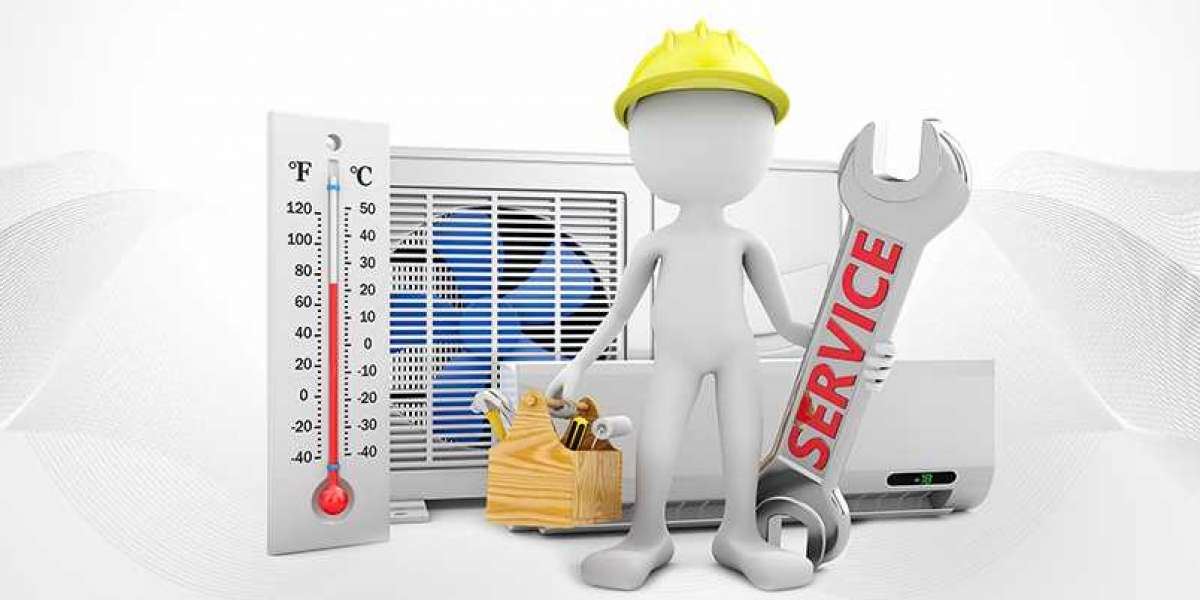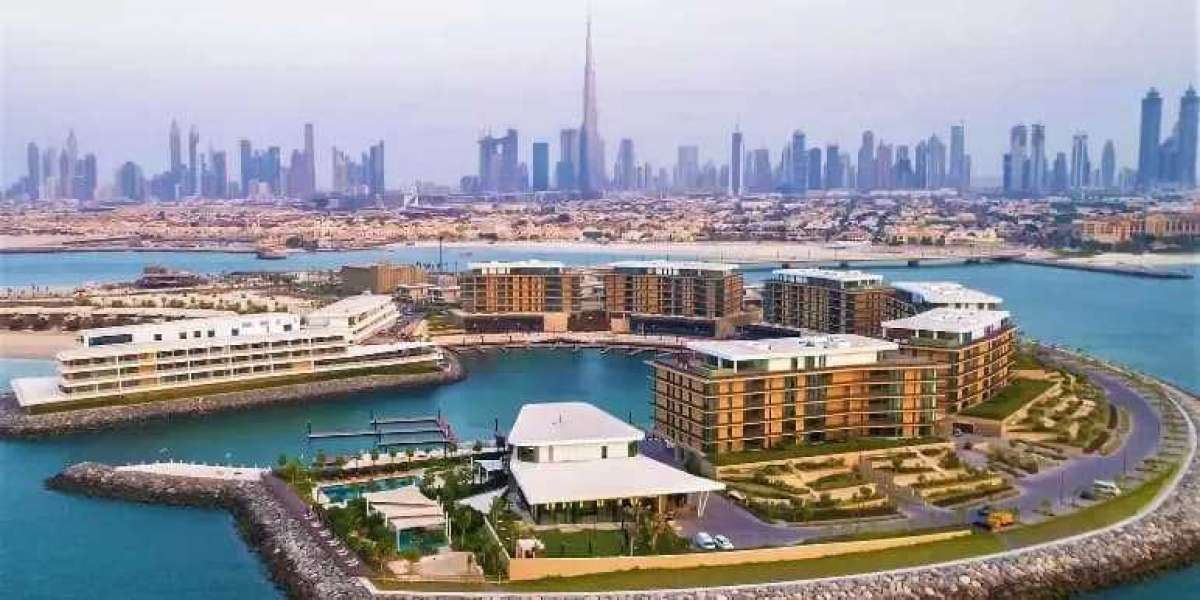When it comes to providing a comfortable and pleasant experience for guests, hotels rely on various amenities and services. Among the most critical aspects of a hotel's infrastructure is the air conditioning system. A well-functioning hotel air conditioning (1) system is essential for maintaining a cool and inviting atmosphere, which is crucial for guest satisfaction and loyalty.
Understanding the Basics of Air Conditioning Systems
Before delving into the importance of hotel air conditioning systems, it's essential to understand the basics of air conditioning technology. An air conditioning system is designed to control the temperature, humidity, and air quality in a building. The system consists of several components, including compressors, condensers, evaporators, and air handlers. These components work together to cool or heat the air, depending on the settings and requirements.
The Role of Air Conditioning in Hotels
In hotels, air conditioning systems play a vital role in maintaining a comfortable environment for guests. A hotel's air conditioning system is responsible for regulating the temperature in guest rooms, corridors, lobbies, and other public areas. The system must be able to provide a consistent and comfortable temperature, usually between 22°C to 25°C, to ensure guest satisfaction.
Benefits of Efficient Hotel Air Conditioning Systems
A well-designed and maintained hotel air conditioning system offers several benefits. Firstly, it enhances guest comfort and satisfaction, which is critical for hotel ratings and reviews. Secondly, an efficient air conditioning system can help reduce energy consumption, leading to significant cost savings for the hotel. This is particularly important, given that air conditioning accounts for a substantial portion of a hotel's energy expenses. Finally, a reliable air conditioning system can help extend the lifespan of hotel equipment and furniture by maintaining a stable temperature and humidity level.
Designing an Efficient Hotel Air Conditioning System
When designing an air conditioning system for a hotel, several factors must be considered. Firstly, the system must be tailored to meet the specific needs of the hotel, taking into account factors such as room size, occupancy rates, and climate. Secondly, the system should be energy-efficient, using advanced technologies such as inverter technology and high-efficiency compressors. Finally, the system must be designed with scalability in mind, allowing for easy upgrades and expansion as the hotel grows.
Common Challenges Faced by Hotel Air Conditioning Systems
Despite their importance, hotel air conditioning systems often face several challenges. One of the most common issues is inadequate maintenance, which can lead to reduced efficiency, increased energy consumption, and system breakdowns. Another challenge is the need for frequent replacement of air filters, which can lead to increased costs and downtime. Finally, hotels must also contend with the issue of noise pollution, which can be a nuisance for guests and staff alike.
Best Practices for Maintaining Hotel Air Conditioning Systems
To ensure optimal performance and efficiency, hotels must adopt best practices for maintaining their air conditioning systems. Firstly, regular maintenance schedules should be established to ensure that the system is serviced regularly. Secondly, hotels should invest in energy-efficient technologies and equipment, such as LED lights and energy-efficient compressors. Finally, staff training programs should be implemented to educate hotel staff on the importance of air conditioning system maintenance and troubleshooting.
Conclusion
A well-functioning hotel air conditioning system is critical for maintaining a comfortable and pleasant experience for guests. By understanding the basics of air conditioning technology, the role of air conditioning in hotels, and the benefits of efficient hotel air conditioning systems, hotels can design and implement systems that meet the needs of guests and staff alike. By adopting best practices for maintenance and troubleshooting, hotels can ensure optimal performance and efficiency, leading to increased guest satisfaction, reduced energy consumption, and cost savings.








